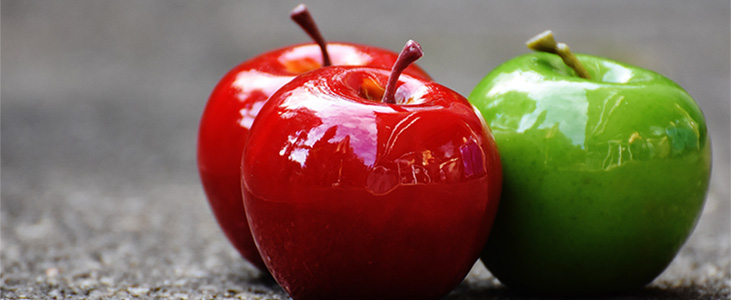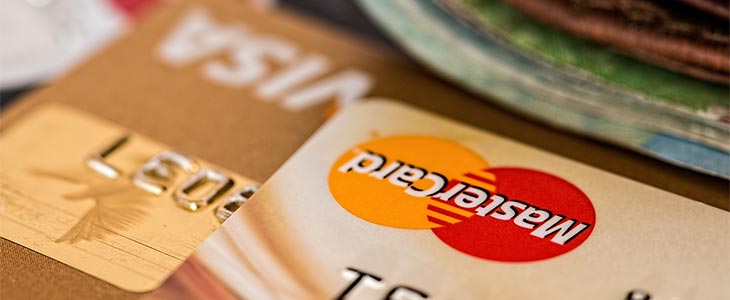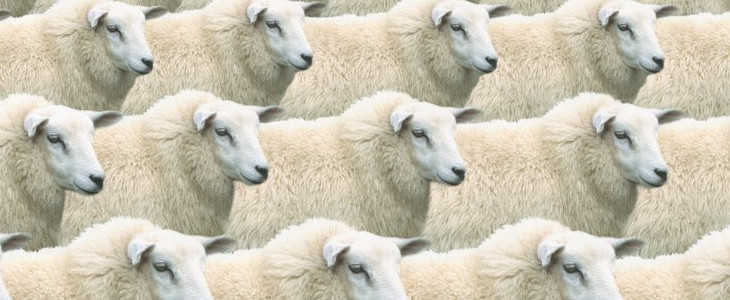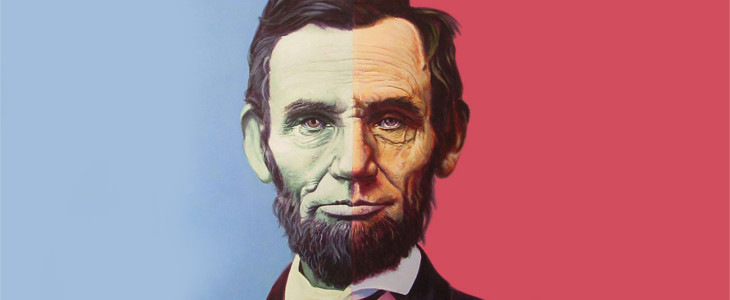Saver Plus is Australia’s award-winning free financial education and matched savings program. The program supports families and individuals on a tight budget to develop lasting savings habits through financial education. They also put $500 towards your children’s education but matching your own savings up to $500. Saver Plus is a partnership between The Brotherhood of…
Should you save your money or invest it. The answer comes from the question; Do you have enough cash to cover 6 months of expenses in case of income loss? – Save Do you need money that you can access quickly that you don’t currently have to do things like travel or buy a car?…
When investing or borrowing, the promise of crazy returns or interest rates significantly lower than the competition is most likely a lie. The promise of crazy returns will often result in the loss of your investment and exceptionally low-interest rates usually come with hidden fees. There is no free lunch. Implementation and cost Stay away…
Instead of trusting your money to others, gain financial independence and control by educating yourself on personal finance. Implementation and cost Read books and listing to advice from experts in the field. Start with these personal finance resources: Barefoot investor Money Smart Personal Finance
Investing, although riskier than cash, can create wealth over the long term with a strategic investment plan. Implementation and Cost Calculate your net worth using a net worth calculator. Figure out your short-term, medium, and long-term financial goals (e.g., retiring with a $1000,000 investment portfolio). Understand the risks of investment and consider your risk tolerance.…
Many of us have credit card debts that we never seem to pay off. We intend to borrow the money for short term purchases but, the debt grows until the principal becomes long-term debt. We are far better off having long term debt in our mortgage as the interest rate is often significantly lower. Implementation…
We don’t want to hear it but spending less consistently over time is key to growing wealth. Cut out the spending sprees, comfort shopping and jet skis. Make your coffee and bring lunch to work occasionally. Implementation and cost Don’t go overboard – Your spending limits need to be sustainable over the long run. Use…
This strategy is a simple and effective method to retire with 1 million dollars on an average wage. The key is consistency. Implementation and cost If you are young and can manage to put $200 into a savings account every week earning interest compounded monthly (average 4% interest over your working life 40 years), you…
Work smarter, not harder by pre-planning, organising, and dividing your daily tasks into an effective time management strategy. High achievers are generally expert time managers. Managing your time well will lead to better productivity and efficiency whilst reducing stress, allowing you to increase your net worth and create new life opportunities. Implementation and cost Change…
How many cards and bank accounts do you have? We often have more bank accounts than we need, complicating our finances, reducing synergies, and increasing our fees. Implementation and cost Do an audit of your bank accounts and fees. Consolidate your accounts into a single bank with singular accounts (e.g. 1 checking account, 1 credit…
"You’d be stupid not to try to cut your tax bill and those that don’t are stupid in business"
- Bono: U2














